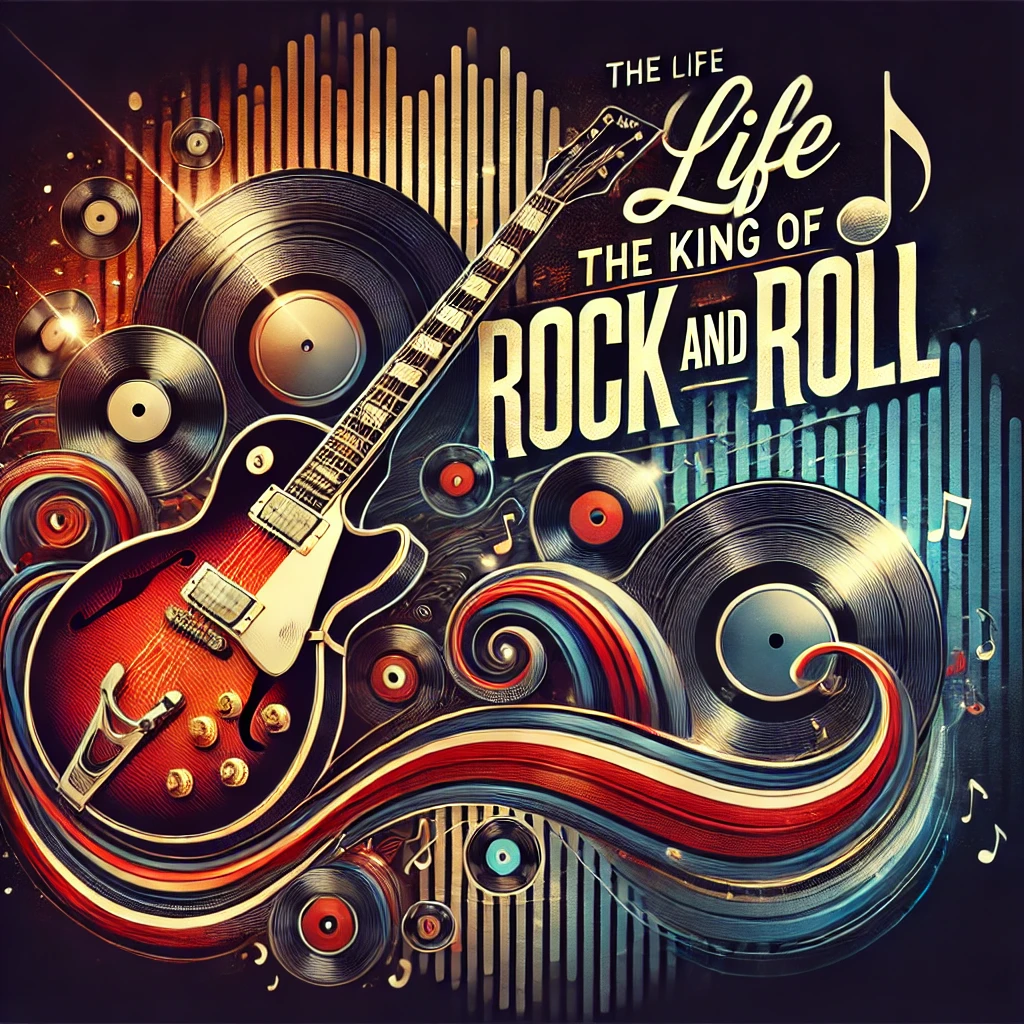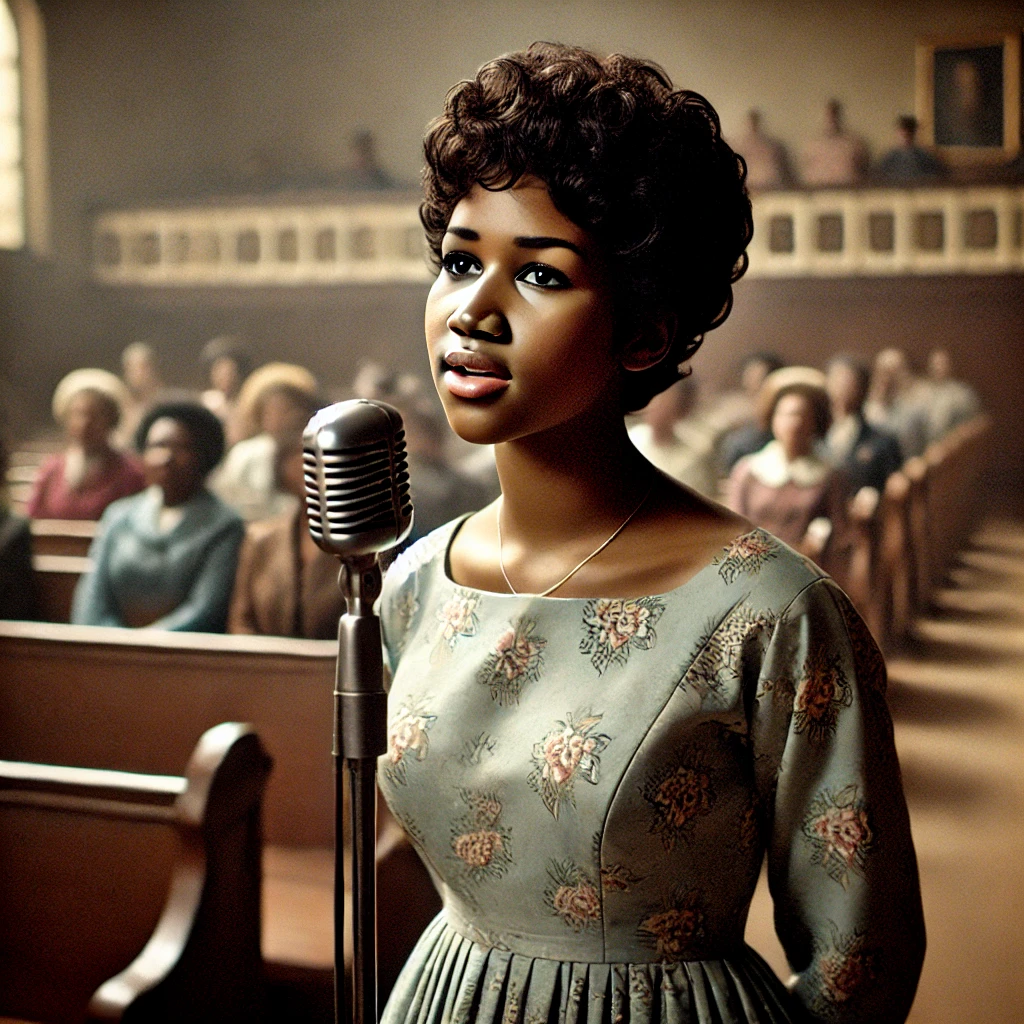The 1980s wasn’t just the era of neon colors and big hair—it was the decade when Madonna took the music world by storm. With her daring style, unapologetic attitude, and genre-defining hits, Madonna didn’t just ride the wave of pop music—she completely reshaped it. Let’s dive into how this pop icon turned the music industry on its head and became one of the most influential figures in pop culture history.
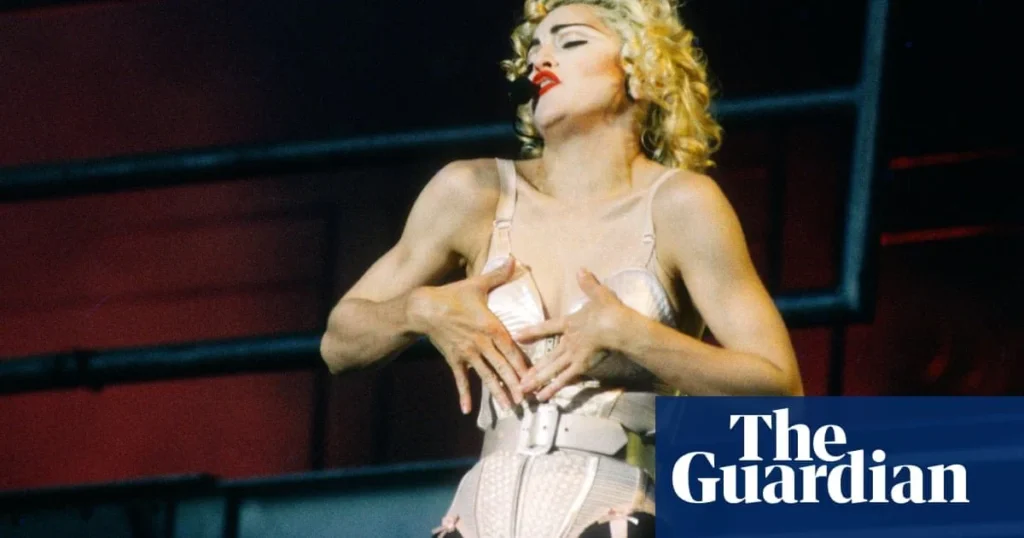
The Early Rise: From Unknown to Icon
Madonna Louise Ciccone wasn’t an overnight success, but when she did hit the scene in the early 80s, she made sure the world took notice. Starting with her self-titled debut album in 1983, which produced hits like “Holiday” and “Borderline,” Madonna quickly established herself as a force to be reckoned with. Her early music wasn’t just catchy—it was fresh, bold, and uniquely her own. It was clear that Madonna wasn’t just another pop star; she was a trailblazer.
What made Madonna stand out in the crowded pop landscape of the 80s? It wasn’t just the music—it was her entire persona. She blended music with fashion, performance, and sexuality in a way that was unheard of at the time. Madonna made sure that her presence was felt both on the radio and on the screen.
Pushing Boundaries: Fashion, Feminism, and Power
Madonna’s influence wasn’t limited to her music; she was also a revolutionary when it came to style and identity. Her bold fashion choices—whether it was the infamous wedding dress at the MTV VMAs or her “Like a Virgin” look—were a huge part of her appeal. She made fashion statements that were as important as her music, making her a global trendsetter.
In addition, Madonna’s unapologetic embrace of her sexuality gave her a reputation as a feminist icon. At a time when women in the industry were often boxed into stereotypes, Madonna defied societal expectations and promoted the idea of self-expression and empowerment. Songs like “Material Girl” and “Express Yourself” became anthems for independence, and her bold approach inspired a generation of women to embrace their own strength and sexuality.
The Music: Genre-Defying Hits
Musically, Madonna wasn’t afraid to experiment. While pop was the foundation of her success, she ventured into dance, electronic, and rock, creating a sound that was versatile and innovative. In 1984, she released *Like a Virgin*, the album that catapulted her to superstardom. With tracks like “Like a Virgin” and “Into the Groove,” she captured the spirit of the 80s while pushing the boundaries of what pop music could be.
In 1986, *True Blue* showcased even more of her versatility, with hits like “Papa Don’t Preach,” which tackled controversial topics, and “La Isla Bonita,” which introduced a new sound influenced by Latin music. Madonna’s ability to blend different genres and tackle taboo subjects in her music set her apart from her peers, establishing her as a creative force in pop.
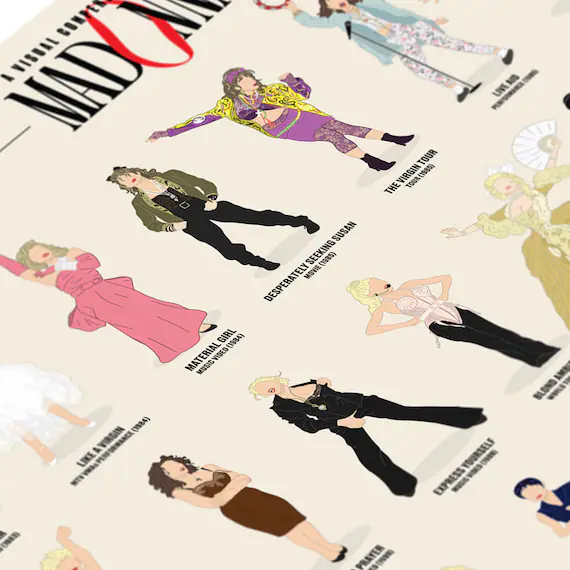

Visuals and Reinvention: A Queen of Music Videos
One of Madonna’s most revolutionary contributions to pop music was her mastery of the music video. In the MTV-dominated era of the 80s, videos were a critical part of an artist’s success. Madonna understood this and used music videos not just as promotional tools but as platforms for storytelling and artistry. Whether it was the religious imagery of “Like a Prayer” or the glamorous fashion of “Vogue,” Madonna’s videos were iconic visual events that left lasting impressions.
Moreover, Madonna is often called the “Queen of Reinvention.” Throughout the 80s, she constantly evolved, never letting herself be pigeonholed into one style or persona. Each album, each video, each tour presented a new version of Madonna. This constant evolution kept her relevant in an industry that is often fickle and ever-changing.
Legacy: Madonna’s Enduring Influence
By the end of the 80s, Madonna wasn’t just a pop star—she was a cultural phenomenon. Her influence extended far beyond the charts. She redefined what it meant to be a woman in music, blending business acumen with artistry. She pushed the boundaries of fashion, feminism, and genre, influencing countless artists that followed. Musicians like Lady Gaga, Britney Spears, and Rihanna have all cited Madonna as a major influence, and her contributions to pop culture are still felt today.
Madonna wasn’t afraid to challenge the norms, and in doing so, she created a blueprint for future generations of pop stars. As the Queen of Pop, her legacy continues to inspire bold, innovative artists who aren’t afraid to shake up the status quo.
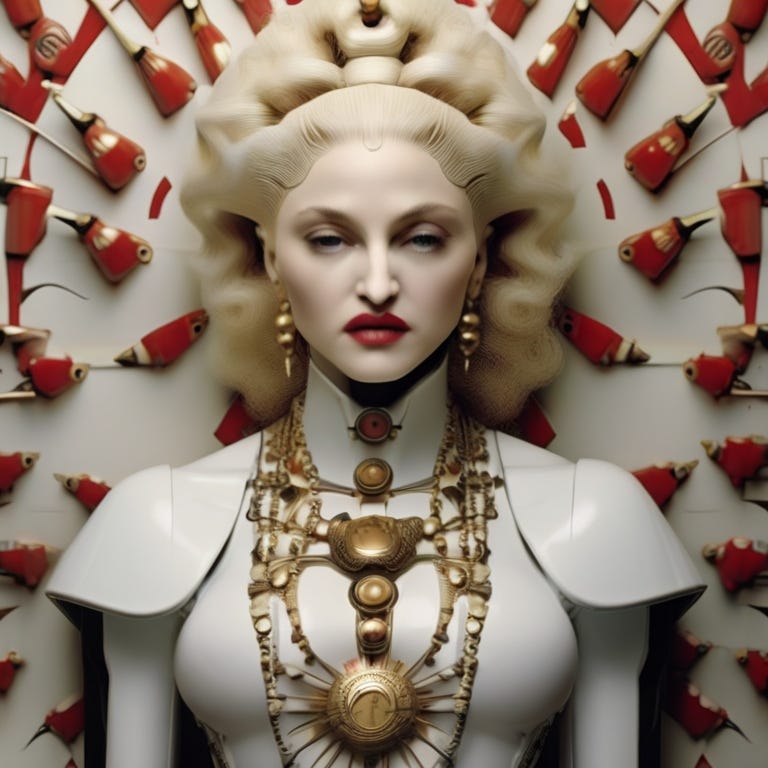

Conclusion: Why Madonna Will Always Be the Queen of Pop
The 1980s were undoubtedly Madonna’s era, but her influence has transcended decades. From her genre-defying hits to her fearless fashion, Madonna redefined what it meant to be a pop star. She didn’t just shape the 80s—she shaped pop music as we know it today. For anyone looking to understand the evolution of pop, the story begins—and continues—with Madonna.
To learn more about Madonna’s incredible impact on music and pop culture, check out these resources:

